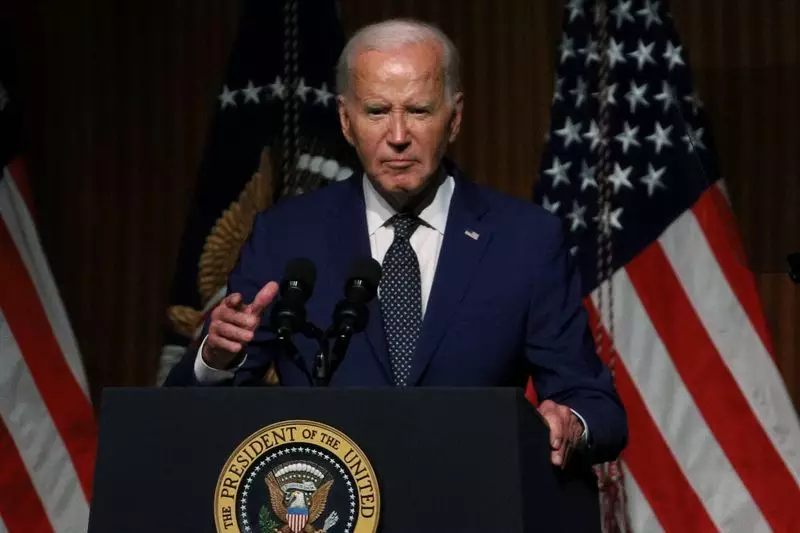Recently, a federal appeals court extended an order that blocked President Joe Biden’s administration from further implementing a student debt relief plan. This plan was designed to lower monthly payments for millions of borrowers and speed up loan forgiveness for some. The 8th U.S. Circuit Court of Appeals granted an injunction requested by seven Republican-led states, pausing the implementation of the Saving on a Valuable Education (SAVE) Plan.
Republicans’ Argument Against the Plan
The Republican-led states argued that the Biden administration’s U.S. Education Department had exceeded its legal authority with the student debt relief plan. They claimed that the plan provided more generous terms than past income-based repayment plans and would lead to the forgiveness of large amounts of debt. The administration had opposed the states’ request for an injunction, arguing that it would negatively impact millions of borrowers and halt forgiveness under existing regulations.
The court’s decision has implications for millions of borrowers who were set to benefit from the SAVE Plan. The Education Department estimated that over 20 million borrowers could benefit from the plan, with millions already enrolled and experiencing reduced monthly payments. Additionally, the plan was expected to cost taxpayers around $156 billion over a span of 10 years, according to the administration. However, Republican state attorneys general argued that the actual cost could be as high as $475 billion.
This recent court decision is just one in a series of legal challenges faced by the Biden administration’s student debt relief efforts. Earlier, a broader $430 billion program aimed at cancelling up to $20,000 in debt for 43 million Americans was blocked by the U.S. Supreme Court in June 2023. The SAVE Plan, which was set to fully take effect on July 1, faced resistance from multiple Republican-led states, resulting in injunctions and legal battles across different federal courts.
The ongoing legal battles surrounding Biden’s student debt relief plans highlight the contentious nature of policies aimed at addressing the student loan crisis. While the administration seeks to provide relief to millions of borrowers burdened by student debt, opposition from Republican-led states raises concerns about the legality and financial implications of such plans. As the legal challenges continue to unfold, the fate of these student debt relief initiatives remains uncertain.

